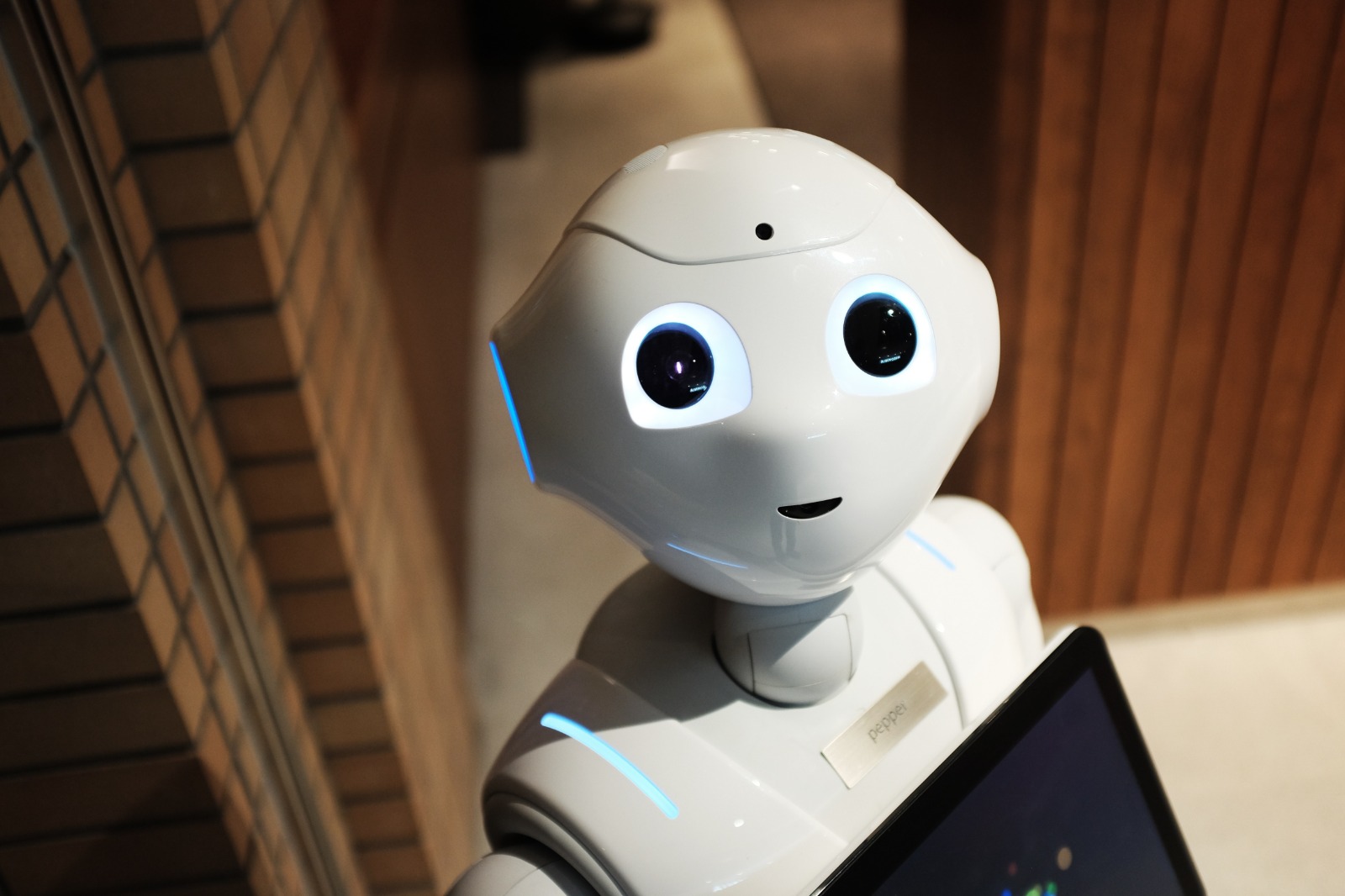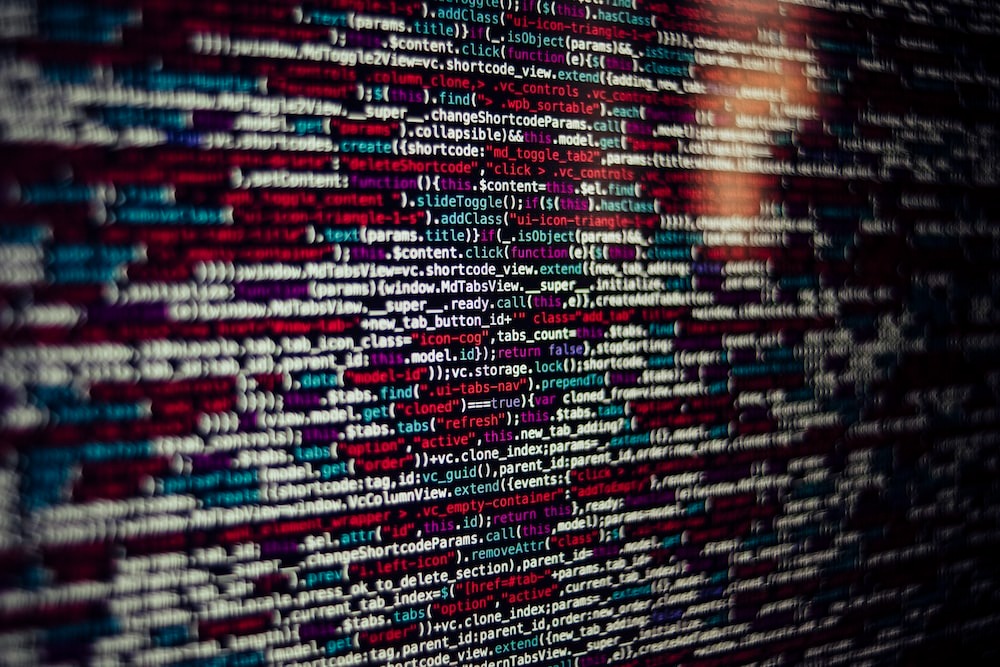Department of AI &DS Computer Science Engineering
About
Welcome to the world of Computer Science with a focus on Artificial Intelligence (AI) and Data Science (DS). This dynamic branch combines the power of technology with creativity to revolutionize how we interact with the digital landscape. From AI-powered applications to unlocking insights from data, Computer Science with a specialization in AI & DS is at the forefront of innovation.
Vision of CSE-AI&DS Department
To impart quality education and produce high quality, creative and ethical engineers, instil professionalism, enhance students’ problem-solving skills in the domain of artificial intelligence and data science with a focus to prepare them for the industry, engage them in potential research areas, to pursue and have continued professional growth to serve the greater cause of society.
Mission of Mechanical Department
M1: To provide skill-based education to nurture the students in problem solving and analytical skills to enhance their niche expertise in the field Artificial Intelligence and Data Science.
M2: Establish an Artificial Intelligence and Data Science based center of excellence to prepare professional technocrats for solving interdisciplinary industry problems in various applications.
M3: Motivate students to emerge as entrepreneurs with leadership qualities in a societal centric program to fulfil Industry and community needs with ethical standards.
PROGRAM OUTCOMES
| PO1 | Engineering Knowledge: Apply Reasoning informed by the contextual knowledge to assess societal, health, safety, legal and cultural issues and the consequent responsibilities relevant to the professional engineering practice |
| PO2 | Problem Analysis: Identify, Formulate, review research literature and analyze complex engineering problems to arrive at substantiated conclusions using first principles of mathematics, natural and engineering sciences. |
| PO3 | Design/Development of Solutions: Design solutions for complex engineering problems and design system components, processes to meet the specifications with consideration for the public health and safety, and the cultural, societal, and environmental considerations. |
| PO4 | Conduct Investigations of Complex Problems: Use research-based knowledge including design of experiments, analysis and interpretation of data, and synthesis of the information to provide valid conclusions. |
| PO5 | Modern Tool Usage: Create, select, and apply appropriate techniques, resources, and modern engineering and IT tools including prediction and modelling to complex engineering activities with an understanding of the limitations. |
| PO6 | The Engineer and Society: Apply Reasoning informed by the contextual knowledge to assess societal, health, safety, legal and cultural issues and the consequent responsibilities relevant to the professional engineering practice |
| PO7 | Environment and Sustainability: Understand the impact of the professional engineering solutions in societal and environmental contexts, and demonstrate the knowledge of, and need for sustainable development |
| PO8 | Ethics: Apply Ethical Principles and commit to professional ethics and responsibilities and norms of the engineering practice |
| PO9 | Individual and Team Work: Function effectively as an individual and as a member or leader in teams and in multidisciplinary Settings |
| PO10 | Communication: Communicate effectively with the engineering community and with society at large. Be able to comprehend and write effective reports documentation. Make effective presentations, and give and receive clear instructions. |
| PO11 | Project Management and Finance: Demonstrate knowledge and understanding of engineering and management principles and Apply these to one’s own work, as a member and leader in a team. Manage projects in multidisciplinary environments. |
| PO12 | Life-Long Learning: Recognize the need for, and have the preparation and ability to engage in independent and life-long learning in the broadest context of technological change. |
Program Educational Objectives
PEO1: Graduates of the program will be able to exhibit strong knowledge in basic sciences and electrical engineering to enable them for higher learning and employment.
PEO2:Graduates of the program will be able to design electrical, electronic and computing systems that are innovative and socially acceptable.
PEO3: Graduates of the program will be able to exhibit professionalism, ethics, communication skills and team work.
PEO4: To inculcate the graduate professionalism, ethics, effective communication skills and capability to succeed in multi-disciplinary fields.
Program Specific Outcomes
PSO-1: Understand, analyse and develop essential proficiency in the areas related to artificial intelligence and data science in terms of underlying statistical and computational principles.
PSO-2: Demonstrate engineering practice learned through industry internship to solve live problems in various domains.





